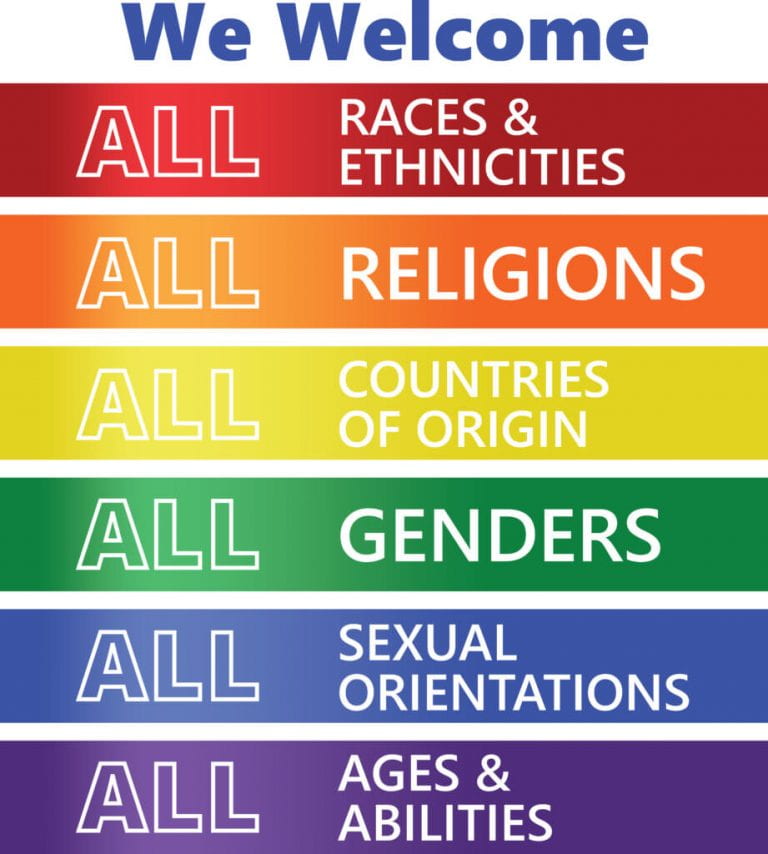
The County of Sonoma is committed to our tradition of creating an inclusive, safe and welcoming space for everyone who walks through our doors.

 It’s natural for parents, teens, adults, family members and caregivers to have questions before the interview. See below for answers to common questions about your visit to the RCC.
It’s natural for parents, teens, adults, family members and caregivers to have questions before the interview. See below for answers to common questions about your visit to the RCC.
This video from the Children’s Advocacy Centers of California offers a clear explanation: cacc-online.org/what-is-a-cac. You can also see a guide NCA GUIDE for when families visit and Resources for parents during RCC visit.
You can talk with the detective or officer on the case, the social worker you’re working with or call the RCC to talk with staff.
Anyone you wish, however, support people, including professional case workers, family and friends, stay in the waiting area during the interview. Only the child or disabled adult will be in the interview.
Yes. Please ask the detective or officer to contact us at least two days ahead of your visit or call us so we can be sure to meet your needs.
No, all are welcome here, regardless of citizenship or immigration status. You are safe here.
The Family Justice Center receptionist, who will contact RCC staff to guide you to the office.
An experienced forensic interviewer with special training in asking questions and talking about abuse.
To ensure the interview is in the person’s own words, only the interviewer is in the room. The only exception is when a professional language interpreter is needed. Parents, friends or other support people wait in the Waiting Area.
You may be at the RCC for several hours. Please cancel other appointments to leave plenty of time for the interview and to get answers to any questions you may have. Tell us if you need a letter excusing you from school or work.
You can talk with someone who observed the interview. Please know there may be information staff cannot share with you. It’s also important to understand that your child may still need to testify in court.
You can talk with the detective or officer on the case or the social worker you’re working with. Call the RCC to talk further with our staff.
We value comments! You can fill out a confidential survey right after your visit. https://tinyurl.com/rcc-initial Please fill out one for each child or disabled adult interviewed.
If you’re willing, you may also complete a 60-day follow-up survey after your visit at https://tinyurl.com/rcc-followup or by email, text or phone. What you tell us is confidential.
 Here are some suggestions to help you talk with your child or a developmentally disabled adult who will be interviewed at the RCC.
Here are some suggestions to help you talk with your child or a developmentally disabled adult who will be interviewed at the RCC.
In that case, it’s best if you listen without asking questions or making comments. You can offer assurance that things will be all right, that you’re there to support them. When you are alone, write detailed notes about what was said and share them with the investigator working on the case.
A day or two before the appointment, let your child or a disabled adult know about the appointment. Talk with them to help them feel more comfortable about their visit.
“We don’t know what will be asked by the counselor, but it’s important to be honest in your conversation. And, if you feel uncomfortable and want stop the interview, just say so.”
Say that it’s important that others know all the facts and that you don’t know all the right questions to ask and how to ask them. That’s why a special interviewer asks them. You can add, “You did nothing wrong. You aren’t in trouble. In fact, it’s really brave to tell someone when you know that someone else has done something wrong. It helps keep other children and people safe.”
 You may have questions before your interview about what it will be like and about talking to others about your experiences. The information here may help.
You may have questions before your interview about what it will be like and about talking to others about your experiences. The information here may help.
You can talk with the detective or officer on the case, the social worker you’re working with or call the RCC to talk with staff.
If want to, talk with people you trust about how you’re feeling. You can ask them to simply listen to you without asking questions or making comments.
You can always ask for a break or, if you want stop the interview, just let the interviewer know.
Copyright © 2020 Redwood Children’s Center. All Rights Reserved. | Site Designed by SoCo Web Team